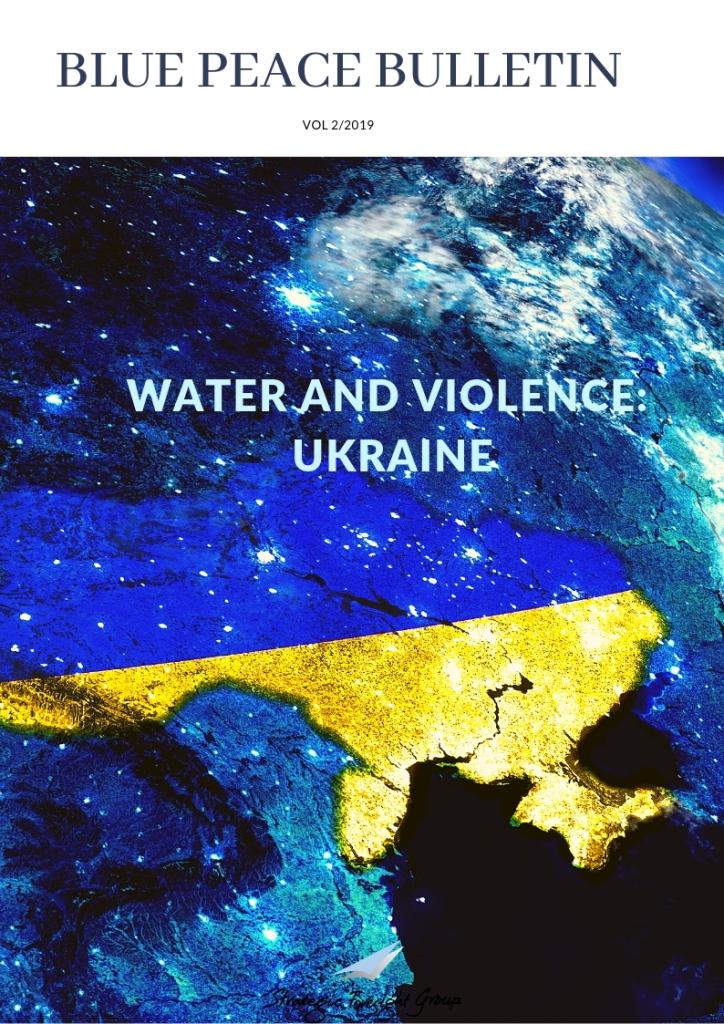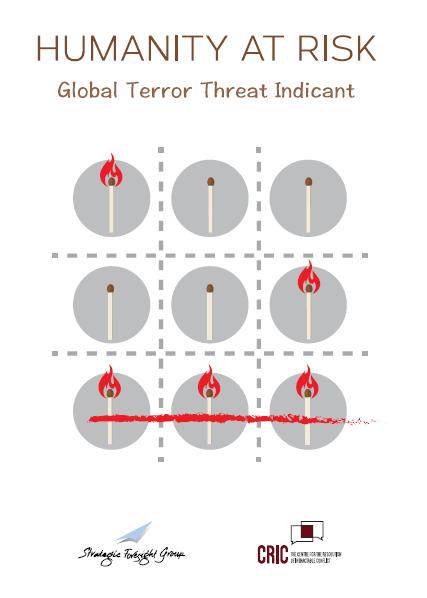Consequences of the IT revolution on society
 |
November 15, 2016
By Manie Geyer
|
The latest wave of the IT revolution, beginning with the early 1990s, has resulted in unparalleled reductions in the friction costs of time and distance of information dissemination. The Internet reduces global inequality by providing access to information in the remotest parts of the world, just as mobile technology weakens communication barriers.
Anecdotal evidence shows that the two – the Internet coupled with mobile technology – have two conspicuous outcomes: Firstly, the dissemination of liberalism and secularism has resulted in the spread of modernisation but also at the same time the invigoration of cultural and religious resistance. The result is deepening global divides and social and political community fragmentation.
Secondly, the availability of information increases knowledge about conditions in other communities; through concatenation, this reduces uncertainty about living conditions and employment opportunities at prospective migration destinations which increase the mobility of the global poor.
This results in the rapid redistribution of people from global pockets of poverty and tension to more prosperous and peaceful areas in the world or places that offer more opportunities and freedoms. Indications are that the combined effect will be: sustained, large-scale migration initially from areas of poverty and conflict to areas that offer better outlooks; the resultant weakening of the status of national boundaries; dividing loyalties and increasing challenges to state authority; the rapid diversification of societies; the transformation and reinvention of traditions; and the emergence of new social, cultural and religious political clusters.
Ultimately this is likely to lead to the degradation of the current political boundaries born out of nationalist and colonial eras, resulting in new arrangements of communities, boundaries, territories and authorities – locally, nationally and internationally.
To obviate, on the one hand, the historical failures of democracy in socially, culturally and ideologically diverse and divided societies and on the other hand, to maximise individual involvement in decision-making, the focus of political power in the 21st century will eventually gravitate to the local level.
This will result in the gradual reorganisation of communities into new clusters of more alike identities with more meaningful representation at the grassroots level. Coupled with this will be the formation of new incarnations of higher level governments which will change current decision-making processes and jurisdiction areas dramatically.
The article is part of the SFG publication “Big Questions of Our time: The World Speaks”. To access the full publication please click here.
Related Publications
Related latest News
Related Conferences Reports
-

P5 Experts Roundtable on Nuclear Risk Reduction
Download:Geneva Roundtable Report
-

Roundtable on Global Security and Catastrophic Risks
Download:Report on RT revise





